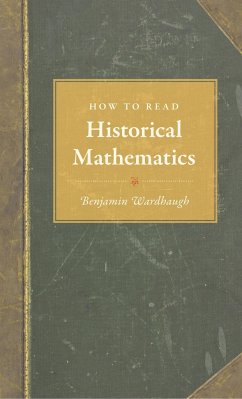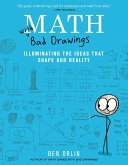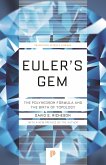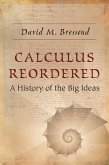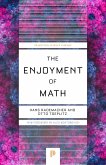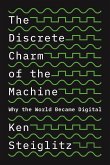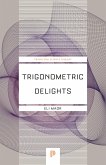"How to Read Historical Mathematics is definitely a significant contribution. There is nothing similar available. It will be a very important resource in any course that makes use of original sources in mathematics and to anyone else who wants to read seriously in the history of mathematics."--Victor J. Katz, editor of The Mathematics of Egypt, Mesopotamia, China, India, and Islam"Wardhaugh guides mathematics students through the process of reading primary sources in the history of mathematics and understanding some of the main historiographic issues this study involves. This concise handbook is a very significant and, as far as I know, unique companion to the growing corpus of sourcebooks documenting major achievements in mathematics. It explicitly addresses the fundamental questions of why--and more importantly how--one should read primary sources in mathematics history."--Kim Plofker, author of Mathematics in India

